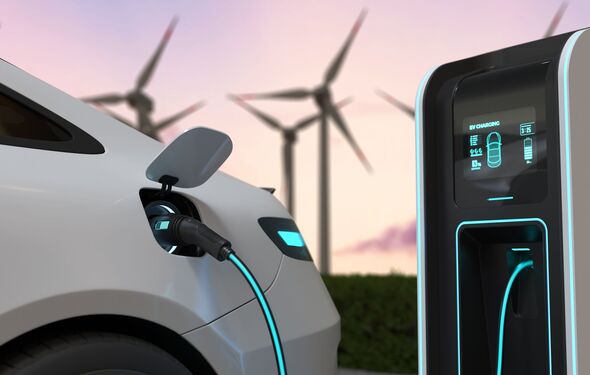UK to Scrap ‘Tesla Tax’ on New Electric Cars
The UK Government is set to abandon its controversial ‘Tesla Tax’ on new electric vehicles (EVs) to stimulate slow sales, according to a leaked letter from a Labour minister. Currently, buyers of new EVs priced over £40,000 face an additional tax charge known as the Expensive Car Supplement (ECS).

Introduced in 2017, the ECS imposes a premium tax on top of the standard Vehicle Excise Duty (VED) on cars costing over £40,000 from their second year of registration. This tax has also applied to new EVs sold after April 1, 2025, as part of a significant tax increase on motorists announced in the previous Budget. The ECS has been criticized for hindering EV sales and making it challenging for manufacturers to meet green targets, potentially resulting in billions of pounds in fines if they fall short.
Roads Minister Lilian Greenwood indicated that the Government is considering a major U-turn on the ECS for EVs. In response to a letter from Ben Maguire, the Lib Dem MP for North Cornwall, she stated: “As announced at Autumn Budget 2024, the Government recognises the disproportionate impact of the current VED Expensive Car Supplement threshold for those purchasing zero emission cars from 1 April 2025.” She added, “We will consider raising the threshold for zero emission cars only at a future fiscal event to make it easier to buy electric cars.”

Some car manufacturers have already begun reducing the prices of their electric vehicles to just below the £40,000 threshold to make them more appealing to private buyers. According to recent figures from the Driver and Vehicle Licensing Agency, existing EV owners in the UK saved a potential £37.7 million by renewing their VED before the new car tax regulations came into effect on April 1, 2025.
The decision to potentially scrap or raise the ‘Tesla Tax’ threshold comes as the UK aims to promote the adoption of electric vehicles and meet its environmental targets. Motorists have been finding ways to save on taxes, with some discovering loopholes in the system.

Drivers can save significant amounts on their taxes by understanding and utilizing the current car tax scheme. The potential removal of the ECS on EVs is expected to make electric cars more attractive to buyers, further encouraging the shift towards more environmentally friendly transportation options.



